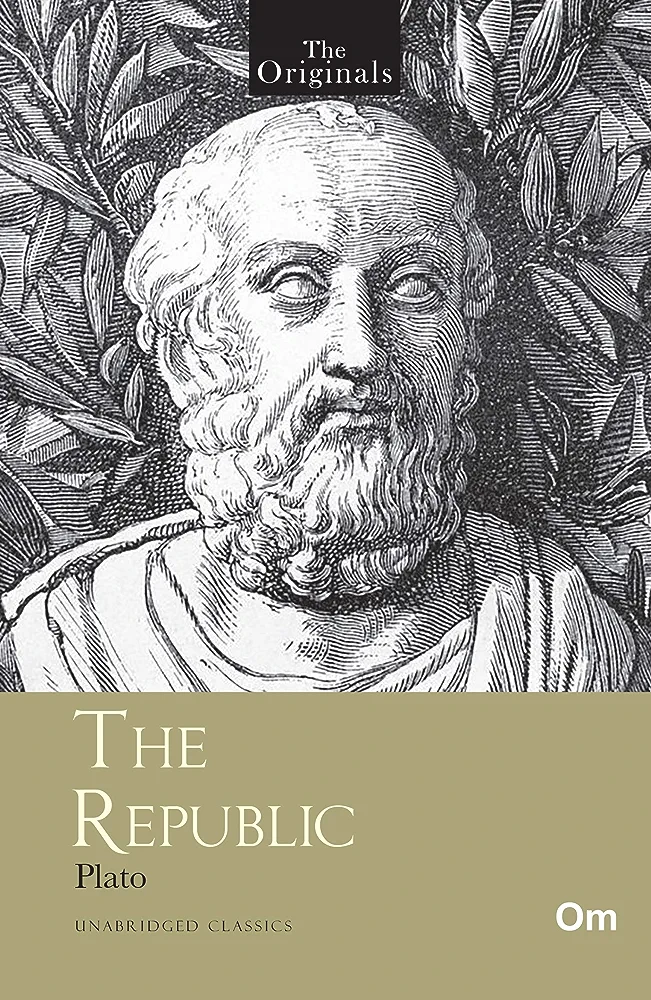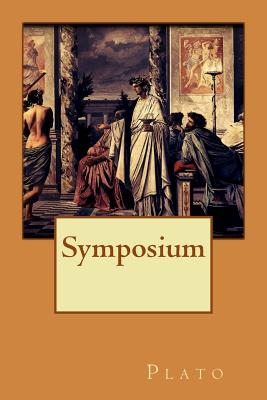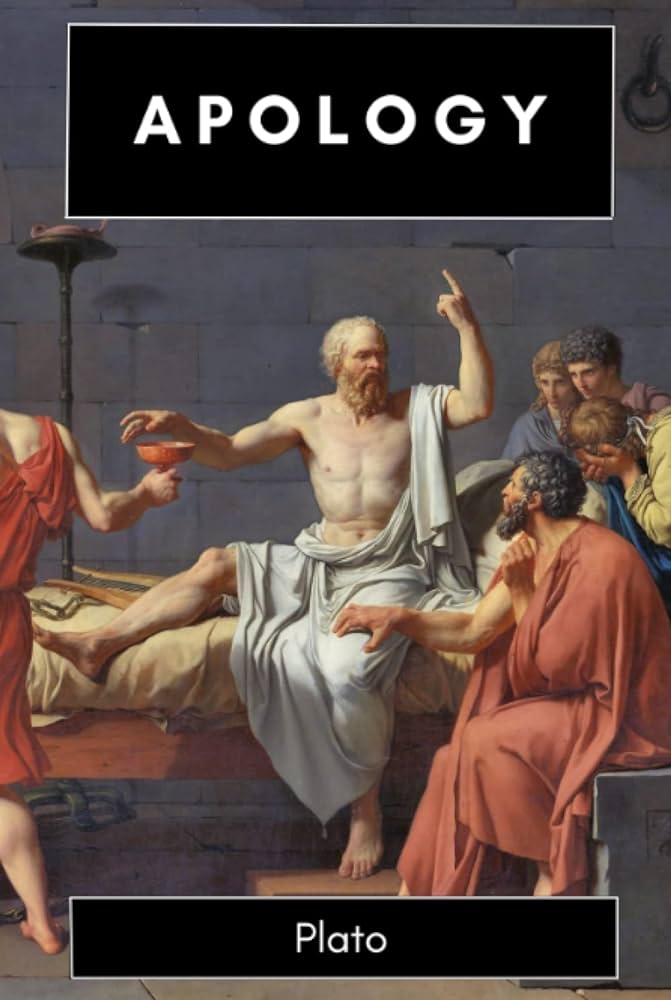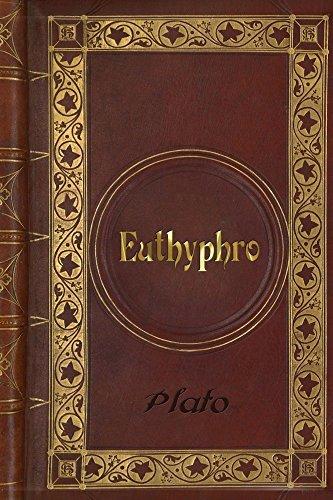Plato, the towering figure of ancient Greek philosophy, left behind a rich legacy of ideas explored through captivating dialogues. These dialogues feature his mentor, Socrates, engaging in lively discussions on a vast array of topics. Here’s a curated list of 5 essential dialogues that offer a profound glimpse into Plato’s philosophical universe:
1. The Republic: A Blueprint for the Ideal State
Undoubtedly Plato’s magnum opus, The Republic delves into the very essence of justice, the role of the individual in society, and the nature of the ideal state. Through a series of dialogues, Socrates dissects different forms of government, ultimately advocating for a philosopher-king ruling over a society divided into three classes: guardians, auxiliaries, and producers. The Republic remains a cornerstone of political philosophy, sparking debates about the relationship between power, knowledge, and the common good.

2. The Symposium: A Celebration of Love and Beauty
The Symposium takes a more poetic turn, exploring the multifaceted nature of love. A group of Athenians, including Socrates, gather at a banquet to deliver speeches in praise of Eros, the Greek god of love. The speeches range from the physical to the philosophical, culminating in a beautiful description of the pursuit of ultimate beauty through love. The Symposium continues to inspire artists and philosophers alike with its timeless exploration of human connection and the yearning for the ideal.

3. The Apology: Socrates’ Defense and the Price of Truth
The Apology recounts Socrates’ defense speech at his trial for impiety and corrupting the youth of Athens. Facing the death penalty, Socrates delivers a powerful argument, defending his pursuit of philosophical inquiry and the importance of questioning authority. The Apology is a stirring testament to the courage of conviction and the pursuit of truth, even in the face of persecution.

4. Euthyphro: Piety and the Divine
In Euthyphro , Socrates encounters Euthyphro, a priest on his way to prosecute his own father for murder. The dialogue delves into the nature of piety and holiness. Socrates challenges Euthyphro’s simplistic definition, sparking a lively discussion about the relationship between morality and religion. Euthyphro raises profound questions about the nature of the divine and our obligations to both gods and fellow human beings.

5. Meno: The Paradox of Learning
Meno grapples with the concept of knowledge and how we acquire it. Socrates engages Meno, a wealthy Athenian, in a thought-provoking paradox. Can virtue be taught, or is it an innate ability? Through a series of ingenious demonstrations, Socrates explores the theory of recollection, suggesting that knowledge is not acquired but rather unearthed from within ourselves. Meno continues to challenge our understanding of learning and the role of education in shaping knowledge and virtue.

These five dialogues offer a mere glimpse into the vast philosophical landscape created by Plato. Each work is a testament to his brilliance and enduring influence on Western thought. So, delve into these dialogues and embark on a stimulating journey of philosophical discovery.












